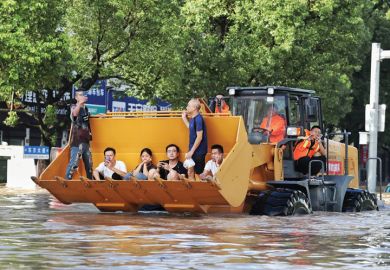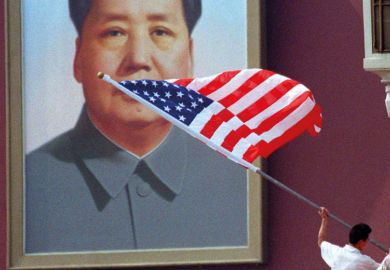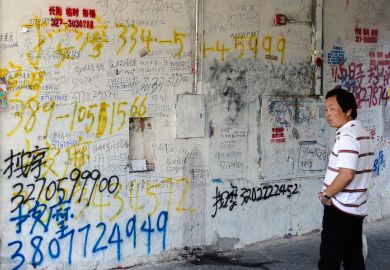Growing numbers of Chinese universities are dropping the requirement for PhD students to publish papers in journals in order to graduate.
It has already been dropped from graduation requirements at the country’s pre-eminent institutions, Tsinghua and Peking universities, as well as the Chinese Academy of Social Sciences. And now there is pressure for campuses across the board to drop it.
Chen Saijuan, a haematologist and molecular biologist at Shanghai Jiao Tong University, who was also a delegate for the national lianghui political meeting, submitted a proposal that institutions should stop listing academic publication as “the only decisive” graduation requirement for postgraduate students.
She told local media that requiring specific numbers of published papers or demanding inclusion in a journal with a certain impact factor as a precondition for graduation damages collaborative research and “hinders the cultivation of innovative talents”.
Another proposal put forward by Li Yusheng, an adjunct PhD supervisor at Nanjing Normal University, points out that this demand by universities “lacks legitimacy” and “could infringe PhD candidates’ rights to obtain degrees and be assessed fairly”.
Zou Jianjun, a professor in the School of Chinese Language and Literature at Central China Normal University, told Times Higher Education that the adoption of mandatory publication over the past two decades “was mainly driven by the benefits it offers for subject evaluation and university rankings rather than the commitment to guarantee the quality of PhD education”.
Other academics agreed that closer supervision and more holistic assessment were a better option than effectively outsourcing a key graduation requirement to journal editors.
“For students who made contributions to research projects with a long time horizon and extreme difficulty, especially the ones in basic theoretical research, there should be more flexible and comprehensive graduation assessments based on the students’ research areas and subjects,” said Zhang Ruomei, a research assistant in South China University of Technology’s Institute of Public Policy.
Professor Zou added: “Institutions have their own rigorous procedures to assess postgraduates, where they have to go through research proposals, pre-defence, anonymous peer review, and the official defence. The root of the long-lasting problem lies in some evaluation requirements implemented by the Ministry of Education and Ministry of Human Resources and Social Security.”
Pursuit of higher rankings and subject ratings also led to academic publication often becoming a mandatory requirement in academic recruitment.
One postdoctoral fellow in humanities at a Chinese institution, who asked not to be named, said this created a “dilemma” for jobseekers.
“Students can only play by the rules, and as long as academic publication is listed in the eligibility section of a job description, students have to publish – no matter how much they struggle in the process or how much money it might cost,” she said.
Register to continue
Why register?
- Registration is free and only takes a moment
- Once registered, you can read 3 articles a month
- Sign up for our newsletter
Subscribe
Or subscribe for unlimited access to:
- Unlimited access to news, views, insights & reviews
- Digital editions
- Digital access to THE’s university and college rankings analysis
Already registered or a current subscriber?








